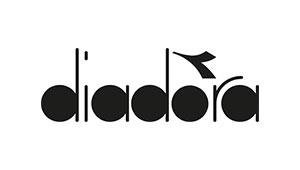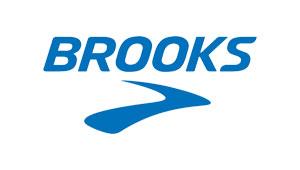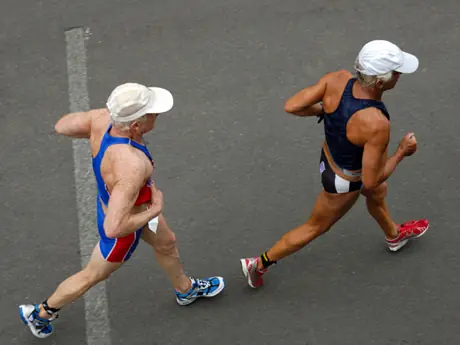If you really wanted to, you could minimize post-race weight gain by reducing your food intake by an amount that's commensurate to your reduction in training. But it would be difficult to pull off because it takes a while for appetite to decrease after a drop in training volume.
More: Your Guide to a Healthy Offseason
I think it's OK to eat enough to satisfy your appetite in the off-season, even if it means you gain a few pounds. In fact, I see nothing wrong with allowing yourself, for at least the first couple of weeks after a big race, to indulge in a few more treats than you normally eat when you're trying to get fit and lean for a big race. Again, this is something that most elite athletes do.
Reward the disciplined eating you do within the training cycle by having a little ice cream between cycles. This will actually make it easier to return to disciplined eating at the start of the next one, much as a break from training restores the hunger to train.
It is possible, of course, to let off-season weight gain get out of hand. The best way to avoid this is to take another cue from the elites and set a personal weight-gain limit. Chris McCormack doesn't let his weight creep above 185. Ryan Hall limits his post-marathon weight gain to three to five pounds. Determine a limit that's appropriate for you and respect it—but also use it!
More: 5 Ways to Avoid Unwanted Offseason Weight
 Calculate your ideal weight and sign up for your next race.
Calculate your ideal weight and sign up for your next race.- 2
- of
- 2
About the Author

Get ACTIVE on the Go


Couch to 5K®
The best way to get new runners off the couch and across the finish line of their first 5K.
Available for iOS | Android







Discuss This Article